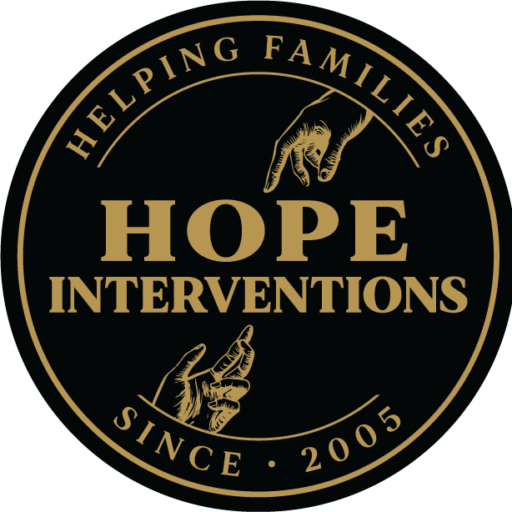Alcohol addiction, also known as alcoholism or alcohol use disorder, is a serious condition that can have devastating effects on an individual’s health, relationships, and overall well-being. Early recognition of the signs of alcohol addiction is crucial for timely intervention and treatment. At Hope Interventions, we are committed to raising awareness and providing support for those affected by alcohol addiction. Here are some key signs to look out for.
Increased Tolerance
One of the early signs of alcohol addiction is increased tolerance. This means that over time, a person needs to consume more alcohol to achieve the same effects they previously experienced with less.
Drinking more: Needing more drinks to feel the desired effects.
Frequent consumption: Increasing frequency of drinking sessions.
Withdrawal Symptoms
Experiencing withdrawal symptoms when not drinking is a clear indication of physical dependence on alcohol. These symptoms can include:
Anxiety and irritability
Nausea and vomiting
Sweating and shaking
Insomnia
Seizures in severe cases
Loss of Control
Individuals with alcohol addiction often find it difficult to control their drinking. This can manifest as:
Inability to stop: Finding it hard to cut down or stop drinking despite wanting to.
Unsuccessful attempts: Repeatedly trying to quit or reduce drinking but failing.
Neglecting Responsibilities
Alcohol addiction can lead to neglect of responsibilities at home, work, or school. This may include:
Frequent absences: Missing work or school due to drinking or recovering from drinking.
Poor performance: Decline in work or academic performance.
Neglecting family duties: Ignoring household chores, childcare, or other responsibilities.
Changes in Behavior
Alcohol addiction often leads to noticeable changes in behavior and personality, such as:
Secrecy: Hiding alcohol consumption or lying about drinking habits.
Isolation: Withdrawing from family, friends, and social activities.
Aggressiveness: Increased irritability, mood swings, or aggressive behavior when confronted about drinking.
Health Issues
Chronic alcohol use can cause a range of health problems, including:
Liver damage: Conditions such as fatty liver, hepatitis, or cirrhosis.
Cardiovascular problems: High blood pressure, heart disease, or stroke.
Mental health issues: Depression, anxiety, or other mental health disorders.
Relationship Problems
Alcohol addiction can strain relationships with family, friends, and colleagues:
Frequent arguments: Increased conflicts and misunderstandings.
Loss of trust: Broken promises or lying about drinking.
Emotional distance: Growing apart from loved ones due to drinking habits.
Risky Behavior
Alcohol addiction often leads to risky behavior, which can endanger the individual and others:
Drunk driving: Operating a vehicle under the influence of alcohol.
Unsafe sex: Engaging in unprotected or unsafe sexual activities.
Legal issues: Getting into trouble with the law due to drinking-related incidents.
Continued Use Despite Consequences
A hallmark of alcohol addiction is continuing to drink despite knowing the negative consequences:
Health deterioration: Ignoring health problems caused or worsened by alcohol.
Job loss: Losing employment due to drinking habits.
Relationship breakdowns: Continuing to drink even after relationships are damaged.
Conclusion
Recognizing the signs of alcohol addiction is the first step towards getting help. If you or a loved one is exhibiting these signs, it’s essential to seek professional assistance as soon as possible. At Hope Interventions, we are dedicated to providing the support, resources, and guidance needed to overcome alcohol addiction and reclaim a healthy, fulfilling life.
For more information on recognizing the signs of alcohol addiction and finding help, Contact Hope Interventions today.

